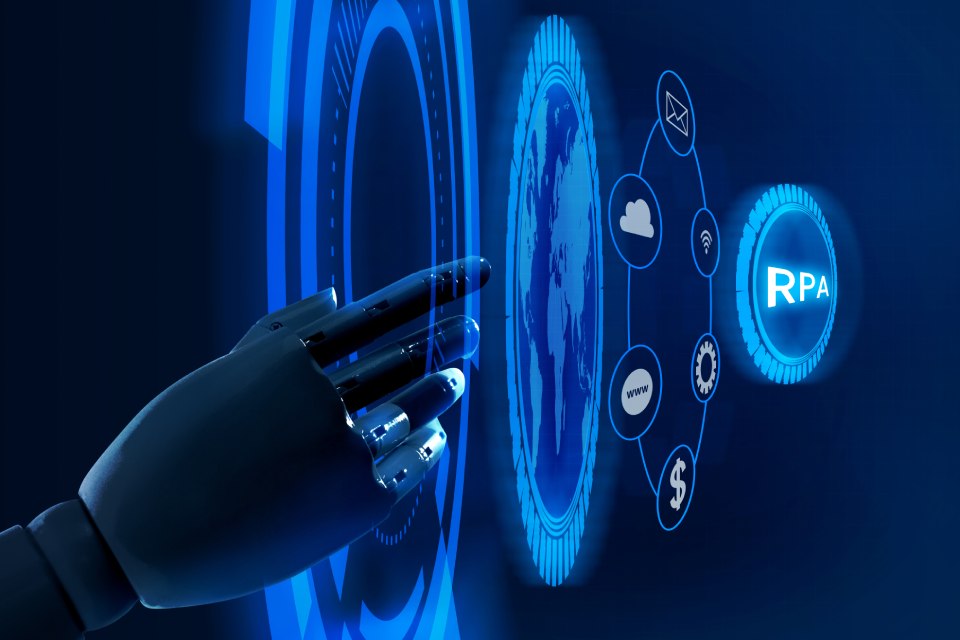Machines automatically collect data, store it, process it, interpret it, learn from it and, after learning, are able to anticipate future actions or behavior and offer flexible solutions to solve increasingly complex problems. This is how artificial intelligence (AI) works in broad strokes , a concept that is increasingly established not only in the field of ideas and technology but also in our own lives.
Although we are still at a very early stage in the development of AI , we are already surrounded by sensors and intelligent machines. From the voice assistants present in mobile devices or smart speakers, to the applications that dominate this type of device and that seek to make life easier for users.
Understanding Machines Is A Must
Obviously, behind each algorithm and each code there is always an interest. And the main one, at least today, is to categorize and segment individuals down to the smallest detail in order to anticipate their own desires and motivations . The value of this information is incalculable for any company, although you should also know how to take advantage of it.
Understanding how machines work is, more than a challenge, a necessity. The new generations must understand the operation of computational language and its capacity. Knowing how technology works and discerning the causes and goals of technology will be crucial to understanding the world around us.
Programming Is The New Literacy
Five years ago, Neelie Kroes, then Vice President of the European Union and Commissioner for the Digital Agenda, emphasized that “programming is the new literacy”. The phrase apparently hid a statement of intent. The speech was raised in the context of the presentation of Code.org, a platform aimed at learning the youngest in the language of machines under the slogan All you need is Code .
The institutions, however, have not yet opted to implement the learning of the new codes in the structure of the educational system. Experts are the first to claim it.
Training In Artificial Intelligence In The Spotlight
In a presentation at The Place, The Valley’s space for innovation and inspiration, Concha Monje, an expert researcher in Robotics at the Carlos III University of Madrid, pointed out that “we think of the technological future as something practically foreign” but it is just around the corner. the corner and underlined the “great challenge” for society in this situation: “train the people who are going to make use of these technologies. If not, we will be illiterate.”
Concha Monje maintains that “computer language is key to understanding advances and the language of machines. It is not about learning to program robots. Computational language provides criteria, critical sense, and it can also be learned by playing”.
Along these lines, on May 29, The Valley has scheduled an Explore day at The Place entitled ” Artificial Intelligence and Machine Learning for parents and children “,
Artificial intelligence can do a lot for education in general, but perhaps we should ask the question the other way around. What can education do to make the technology that will surround us in the coming years closer and more understandable to the new generations?
Also Read: Artificial Intelligence In Cybersecurity A Double-Edged Sword





